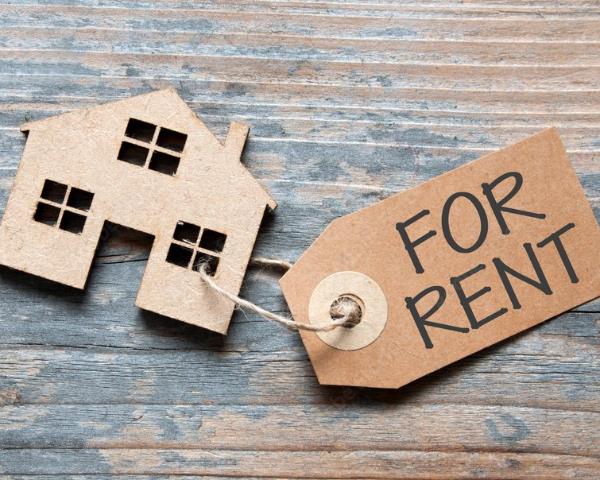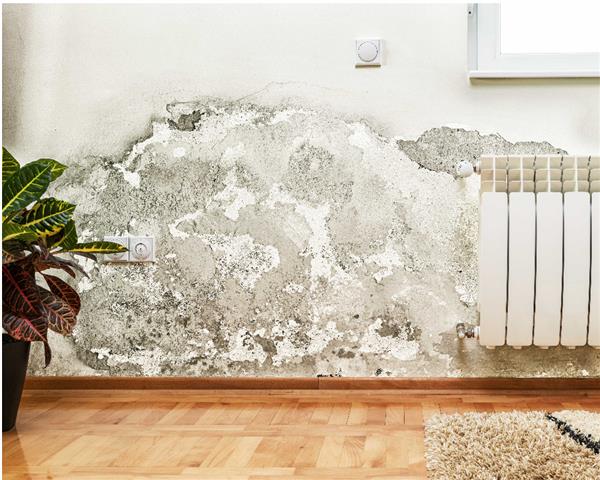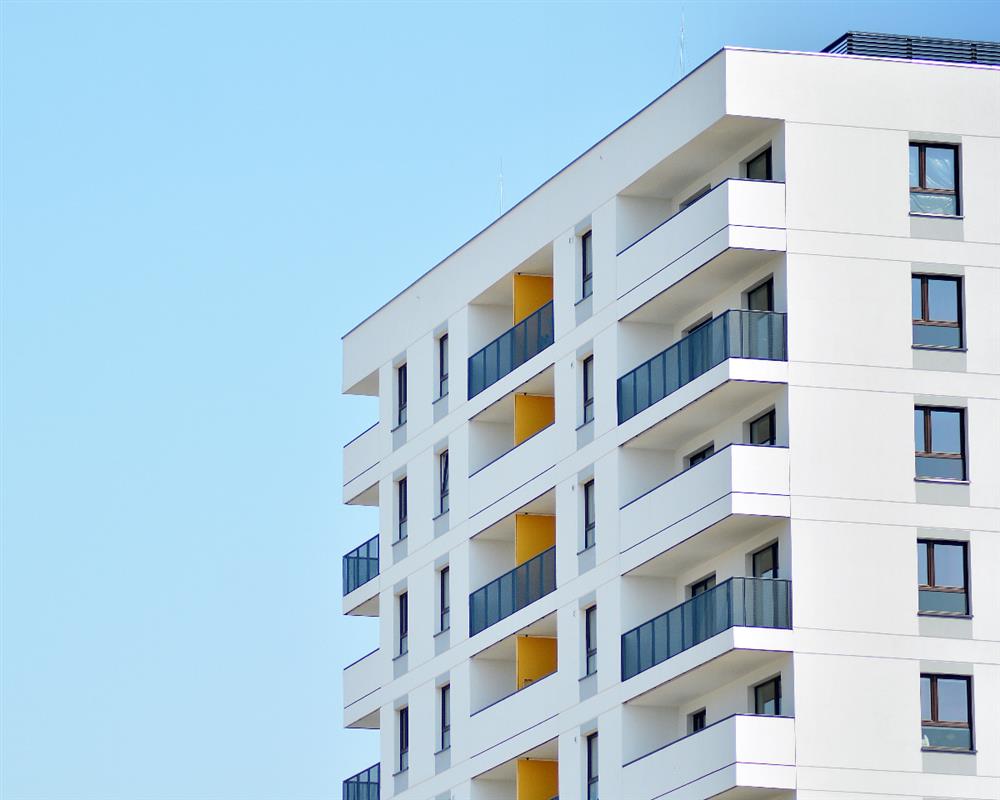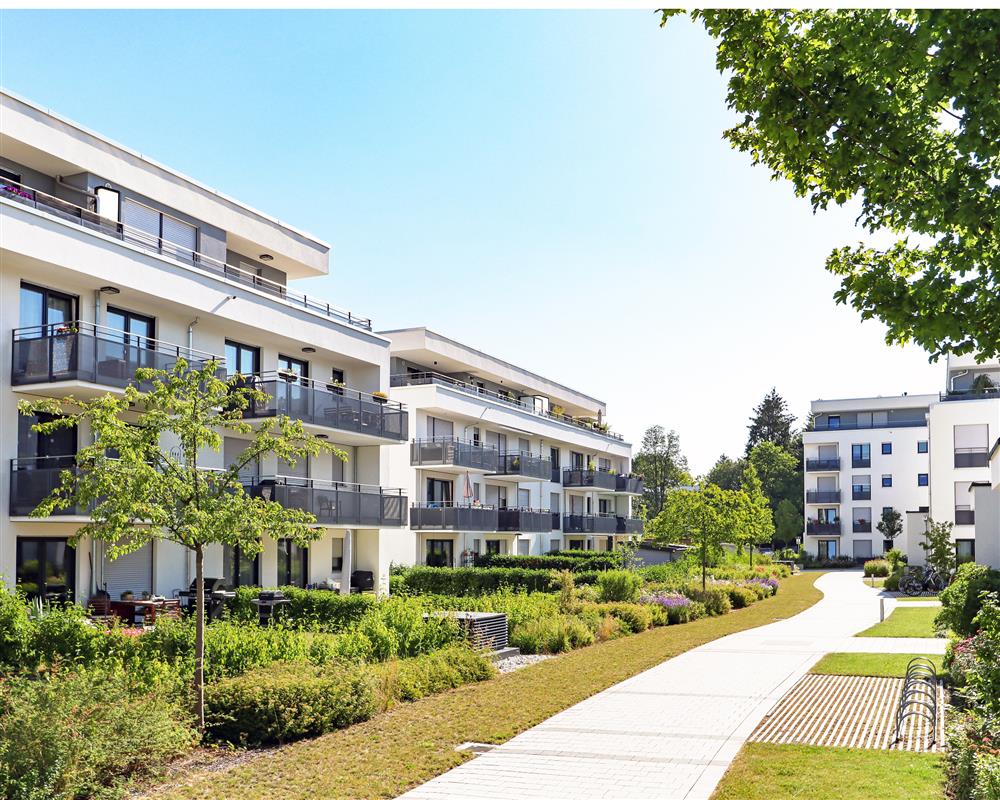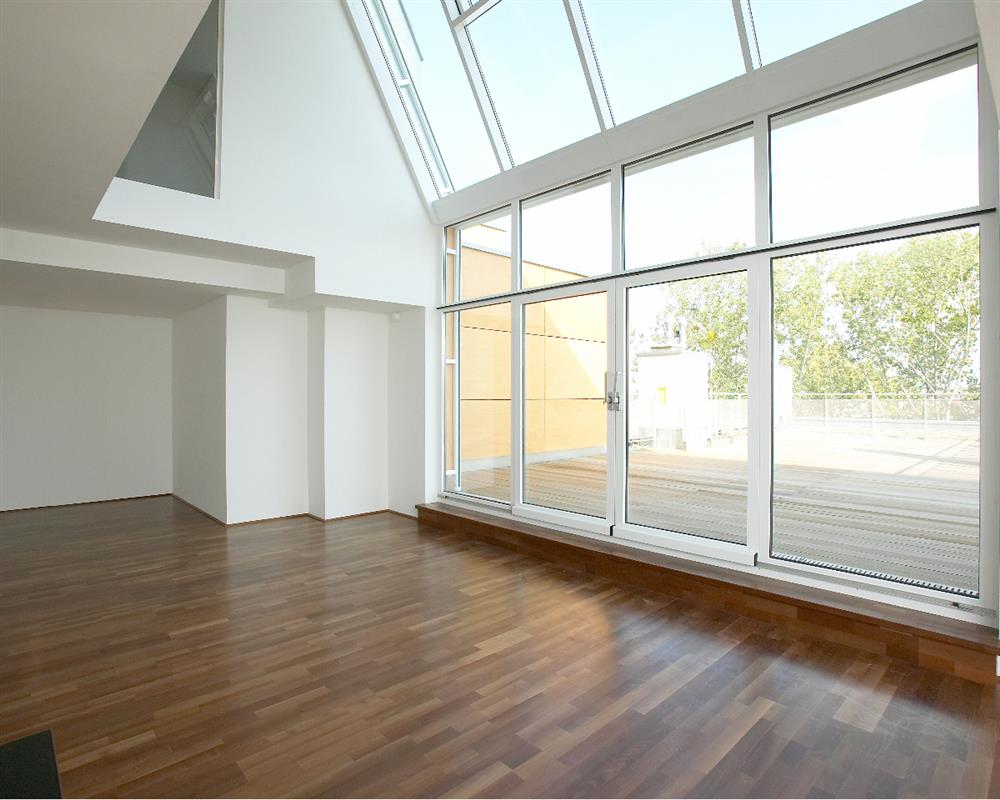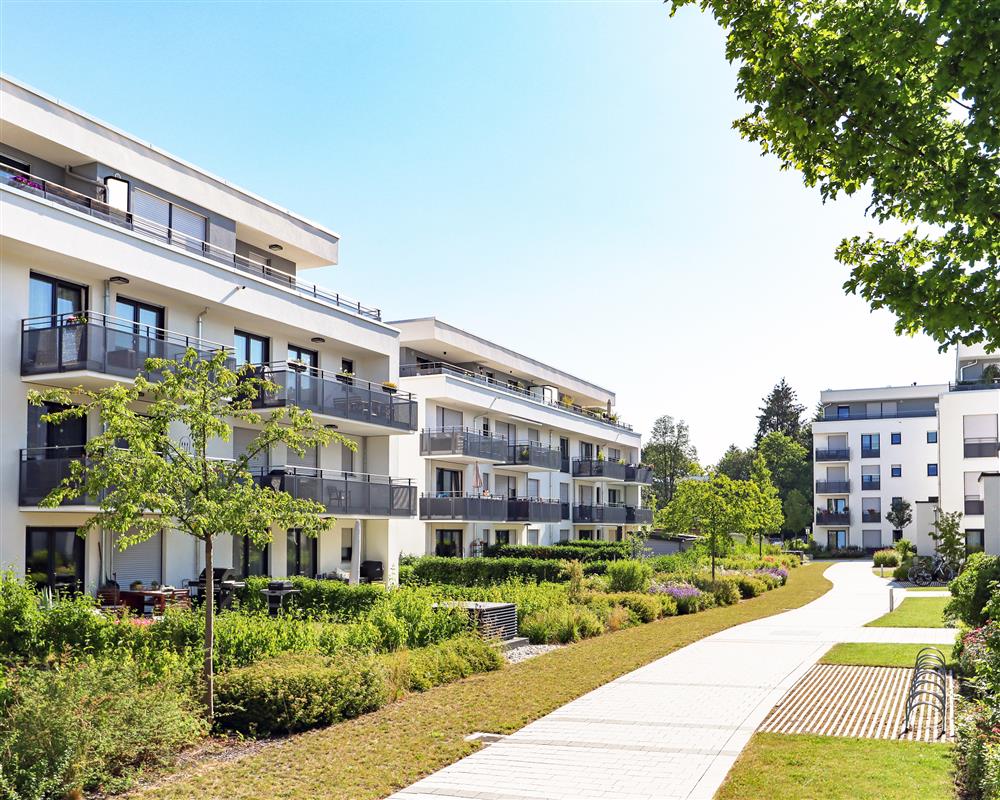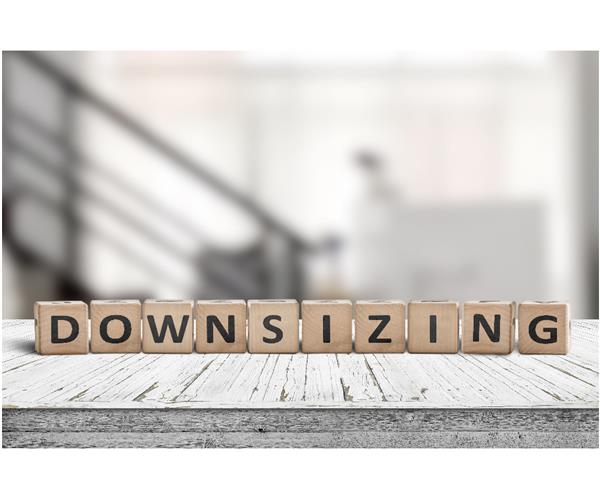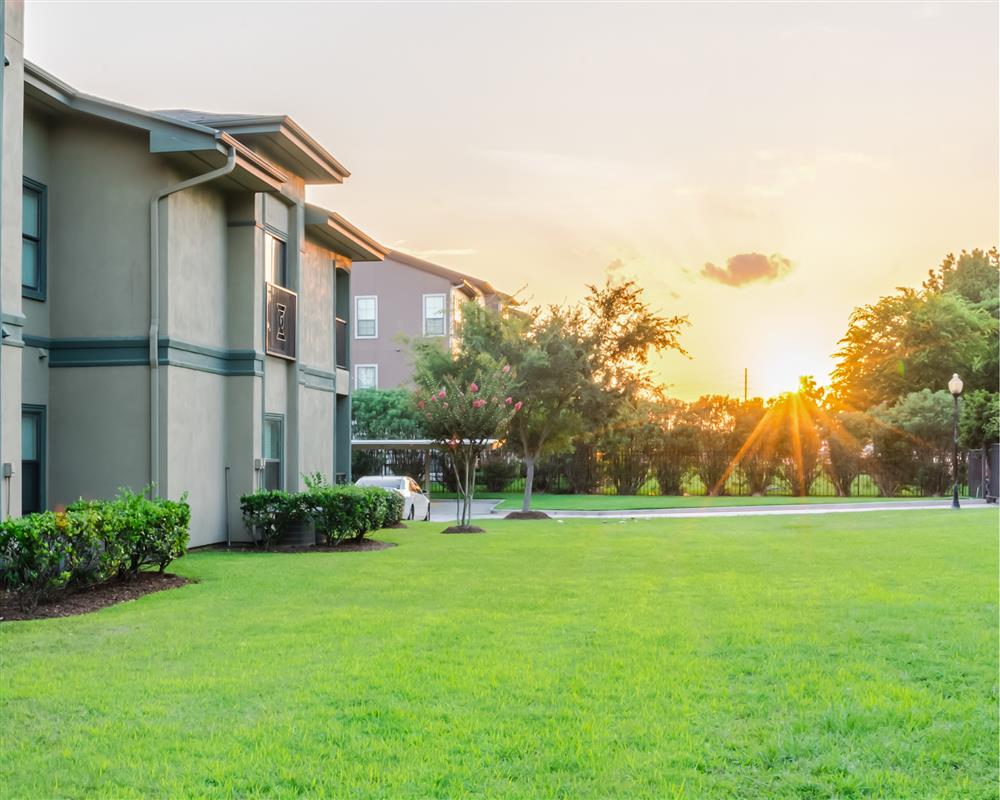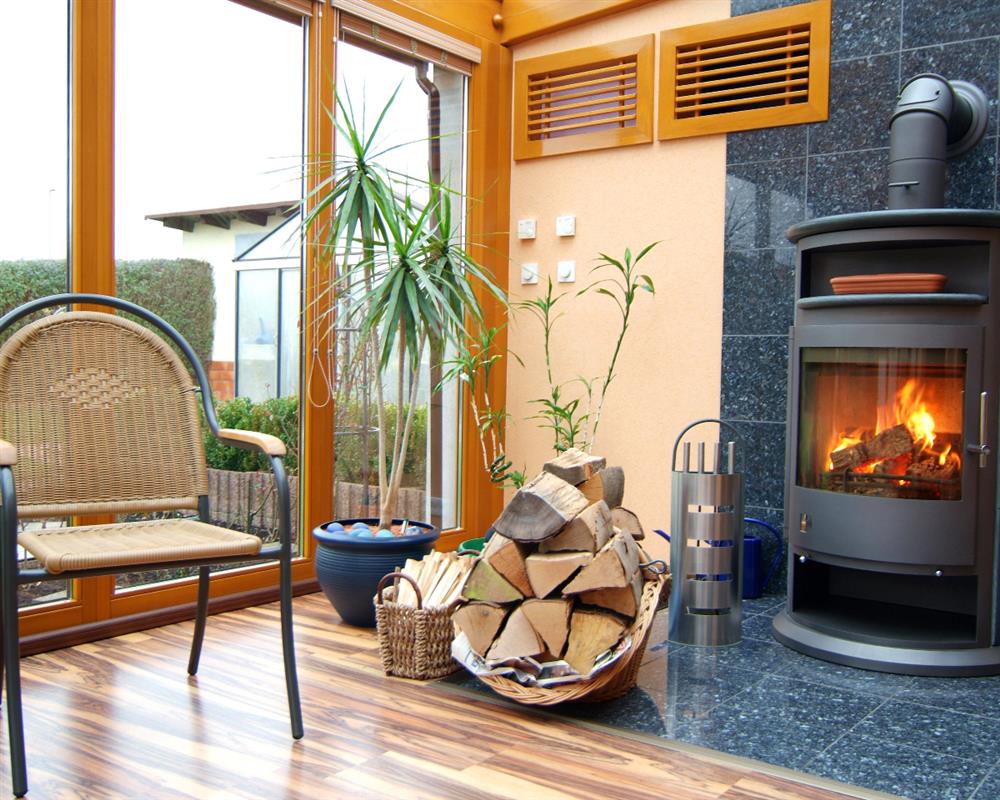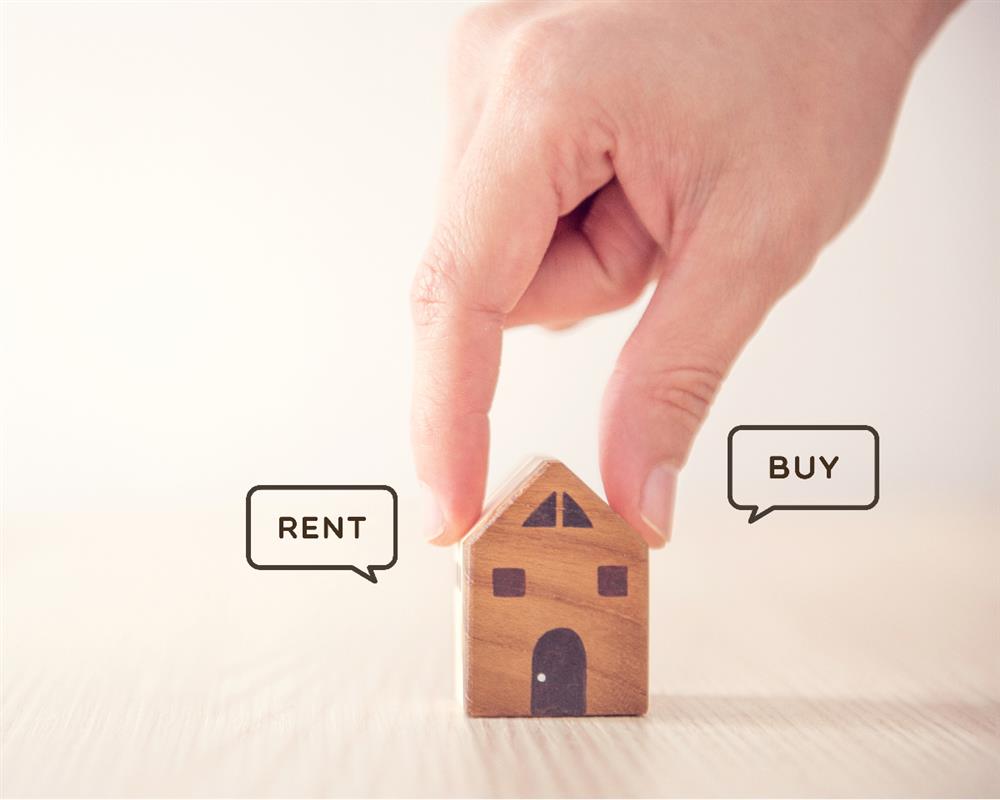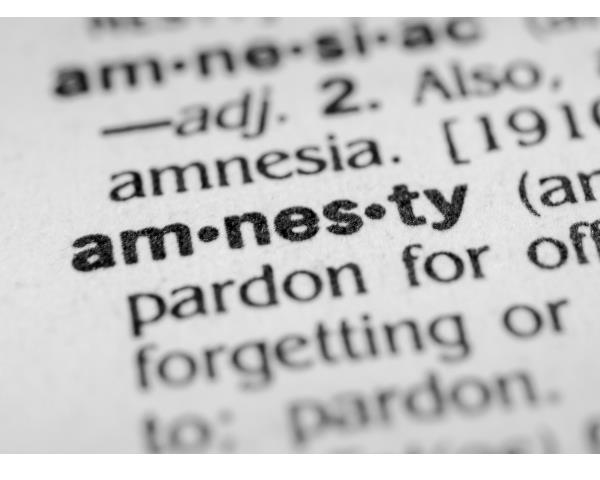
According to PayProp’s most recent quarterly report, the national rental growth rate appears to have stabilised, despite sustained downward pressure due to an oversupply of properties and fewer active, quality tenants in the market – both of which are largely due to the prevailing poor economic climate and the compounding effects of the Covid-19 pandemic. Year-on-year rental growth increased but remains subdued in light of stilted economic recovery. Industry experts remain optimistic about the resilience and cyclic nature of the rental market, maintaining that the rental market may be seeing the beginnings of an upwards trend.
Improvement in Vacancy Rates & Tenant Payment Performance:
Vacancy rates skyrocketed following the global pandemic crisis in 2020, as job loss and insecurity forced financially fragile tenants to exit the market and seek shelter with friends and family. This was exacerbated by historically low interest rates and banks’ increased lending appetite, coupled with changing housing needs (more space to facilitate working and schooling from home) and other shifts in consumer behaviour which incentivised property ownership over renting. Consequently, the residential rental market experienced significant downward pressure. Over the last 18 months, landlords and estate agents have reported a sharp increase in the number of available rental properties advertised online and the length of time available properties remain advertised, inevitably forcing landlords to drive rental prices down in an effort to ‘beat the competition’ and secure rental income. Gross rental returns (or rental yields) - what a landlord expects as return on his investment before expenses, taxes, and maintenance costs – declined noticeably because of lower monthly rentals, partial- and non-paying tenants, and an increase in vacancies.
However, TPN reported a marginal improvement in tenant vacancy rates in the second quarter of 2021. Likewise, TPN’s Rental Monitor for the 2nd quarter of 2021 indicated that many of the major provinces have experienced increases in the average rental price as well as steady improvement in tenant payment performance since the second quarter of 2020, with 80.34% of tenants in good-standing nationally. The majority of these tenants (65.38%) pay in full and on time, with the remainder paying within the grace period or paying late. Fortunately, this indicates that residential rental payments remain a top priority for most tenants.
Recovering Percentage of Tenants in Arrears:
PayProp’s Rental Index shows similar findings, with the percentage of tenants in arrears continuing its slow and steady recovery towards the arrears’ percentage reported in the first quarter of 2020, before the first lockdown was announced. Johette Smuts, Head of Data Analytics at PayProp, explains that: “To pay off arrears, tenants have to set aside more than just their full monthly rent, and this is hard to do in the current economic climate”, especially as some tenants were in a better position financially to recover and begin servicing their arrears following the hard lockdowns and temporary loss of income than others were. She maintains that while slow, the recovery continues to move in a positive direction.
Property is Still a Sound Investment:
An increase in vacancies and limited pool of prospective, paying tenants will understandably translate to a more cautious approach to buying for investment purposes, particularly for first-time investor buyers hoping to take advantage of the low interest rates and favourable lending environment of today’s climate. However, investors who have been in the industry for long enough know that property remains a medium- to long-term investment that is cyclic in nature. Johannesburg North, as well as the East and West Rand, continue to generate some of the highest yields in the country, demonstrating the market’s buoyancy despite a sluggish economic climate.
Notwithstanding, the rental market has, for some years, been marked by supply outstripping demand, and the current oversupply of available properties and lower rental yields are largely a temporary sector response to the economic fallout of the pandemic. Competitively-priced, quality stock in the right location will always attract tenant interest – giving these landlords the proverbial “upper hand” in tenant procurement.
This is particularly true for landlords with properties in the lower- (R4 500 to R7 000) and middle- (R7 000 to R12 000) segments of the residential rental market, according to the TPN Rental Monitor, which boast the highest number of tenants in good-standing (paying in full and on time) and account for 57.46% of residential tenants nationwide. These segments show the most positive rental payment behaviour despite the reality of affordability constraints. The middle segment in particular has shown healthy, sustained demand for rental properties, and would be a wise consideration for aspirant investors.
Almost 4 million South Africans rent nationwide, with more than half of these renting for affordability reasons. Many South Africans continue to prioritise flexibility and cashflow – preferring to rent over being tied into the long-term commitment of homeownership with its unforeseen management and maintenance costs. This is especially true when one considers the likelihood of near-future repo rate increases and escalating municipal charges. For many, renting is still a more affordable option than buying and maintaining their own home, and so there will always be a need for rental property.
Managing director at Four Rivers, Lebohang Liepollo Pheko, believes that despite the buying booms, the rental market will continue to be supported by students and young professionals.
“Younger people who are still climbing the property ladder will still rent because they feel uncertain about the future. In addition, unemployment numbers among potential buyers who work in Covid-vulnerable sectors are also more hesitant to buy.”
Delinquent (Non-/Partial- Paying) Tenants:
Landlords should, however, take heed of the high number of long-term delinquent tenants (those who make no rental payments for a minimum of four consecutive months) and the risk they pose to landlords’ rental income. Partial-paying tenants, who make up 12.57% of the tenant population, and non-paying tenants (7.08%), account for 1 in every 5 tenants. Although some tenants become non-payers due to an unexpected change in their financial circumstances that leaves them little choice, there are many who have a history of judgements, notices and poor payment behaviour to their names and their rental applications are accepted nonetheless, out of desperation. These negative credit record entries are often indicative of tenants at high risk of defaulting on rental payments. The legal eviction of non-paying tenants is a long and arduous process, and when considering the time and capital that goes into funding court action, enduring several months of vacancy until a quality, paying tenant can be secured is a small price to pay in the long run. This is evidenced in the high vacancy rate of the lowest rental segment (under R3 000) where a scarcity of quality tenant applications has compelled landlords to choose vacancy over the risk of a defaulting (and squatting) tenant.
Advice to Landlords:
In light of this, landlords are encouraged to hold on to tenants who pay on time and in full by maintaining their rental properties and fostering a favourable landlord-tenant relationship for the duration of the lease agreement. Quality tenants are well aware of the fact that they are in high demand and short supply, and a poorly maintained property or unpleasant and uncompromising landlord risks losing that quality tenant to a more attentive and responsive landlord. Finding the “right” tenant has become increasingly difficult, as desperation drives landlords to accept tenants with tarnished credit histories and poor payment performance. Landlords should work alongside reputable estate agents to find, vet, and secure quality, paying tenants and so ensure the health and longevity of their rental returns.
For everything Landlords should know about renting and managing property, view our free Landlord Guide.





























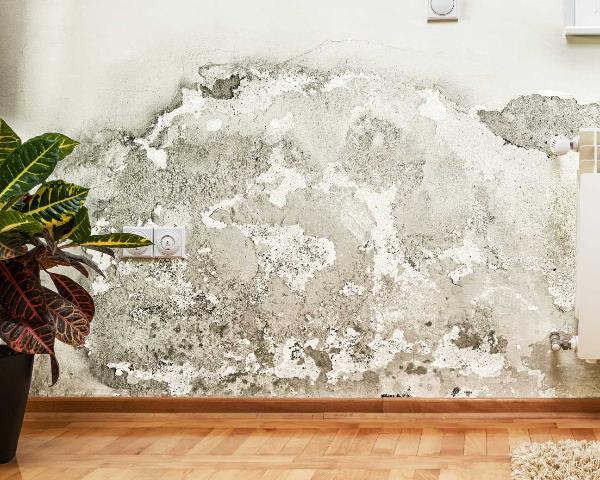
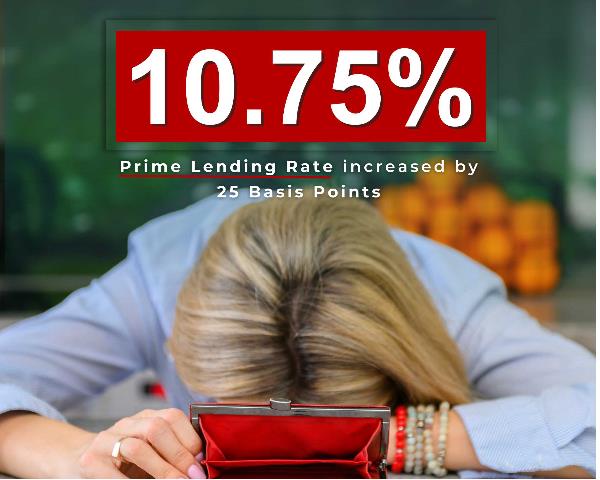



















![What is POPIA? [Part 1]](https://s3.entegral.net/news/Thumbnail_2021_10_18_11_53_39_403.jpeg)









